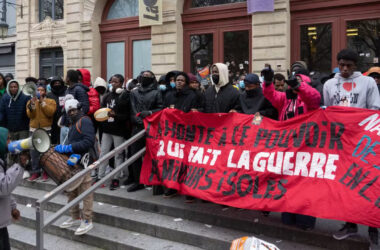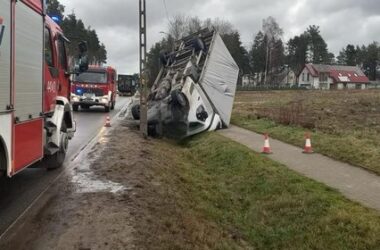In a recent interview with Bild am Sonntag, CSU chairman Markus Söder firmly declared that, should his party secure an election victory, the government would not include the Greens. “I am very rock solid,” Söder stated, emphasizing the importance of border security, particularly the Union’s stance on rejecting migrants—a policy the Greens strongly oppose.
He described the Greens as “leading brakes on migration,” accusing the party of holding a misguided view on the issue. Söder made it clear that, due to their conflicting stance, a coalition with the Greens was out of the question.
Söder’s remarks come at a time of growing debate over Germany’s immigration policies, with the Greens advocating for more lenient approaches and stronger protection of migrant rights. The CSU, part of the conservative Union bloc, has consistently pushed for tougher border control measures and stricter immigration policies, positioning itself as a defender of national security and order.
The rejection of migrants at the border, which Söder described as “elementary” for the Union, has become a central point of contention between the two parties. The Greens, which are part of the current coalition government, have argued for more inclusive policies, citing humanitarian concerns and the long-term benefits of migration for Germany.
Söder’s statements also highlight a broader divide within German politics, with rising tensions between conservative forces like the CSU and the more progressive factions within the Green Party. As the election approaches, these fundamental disagreements could play a significant role in shaping the future of Germany’s political landscape.
Söder remains confident that the Union’s approach to immigration will resonate with voters, stressing that Germany needs to maintain control over its borders to safeguard its future. However, as the election draws closer, it remains to be seen whether his hardline stance on migration will ultimately secure a majority for the Union or alienate a portion of the electorate.




